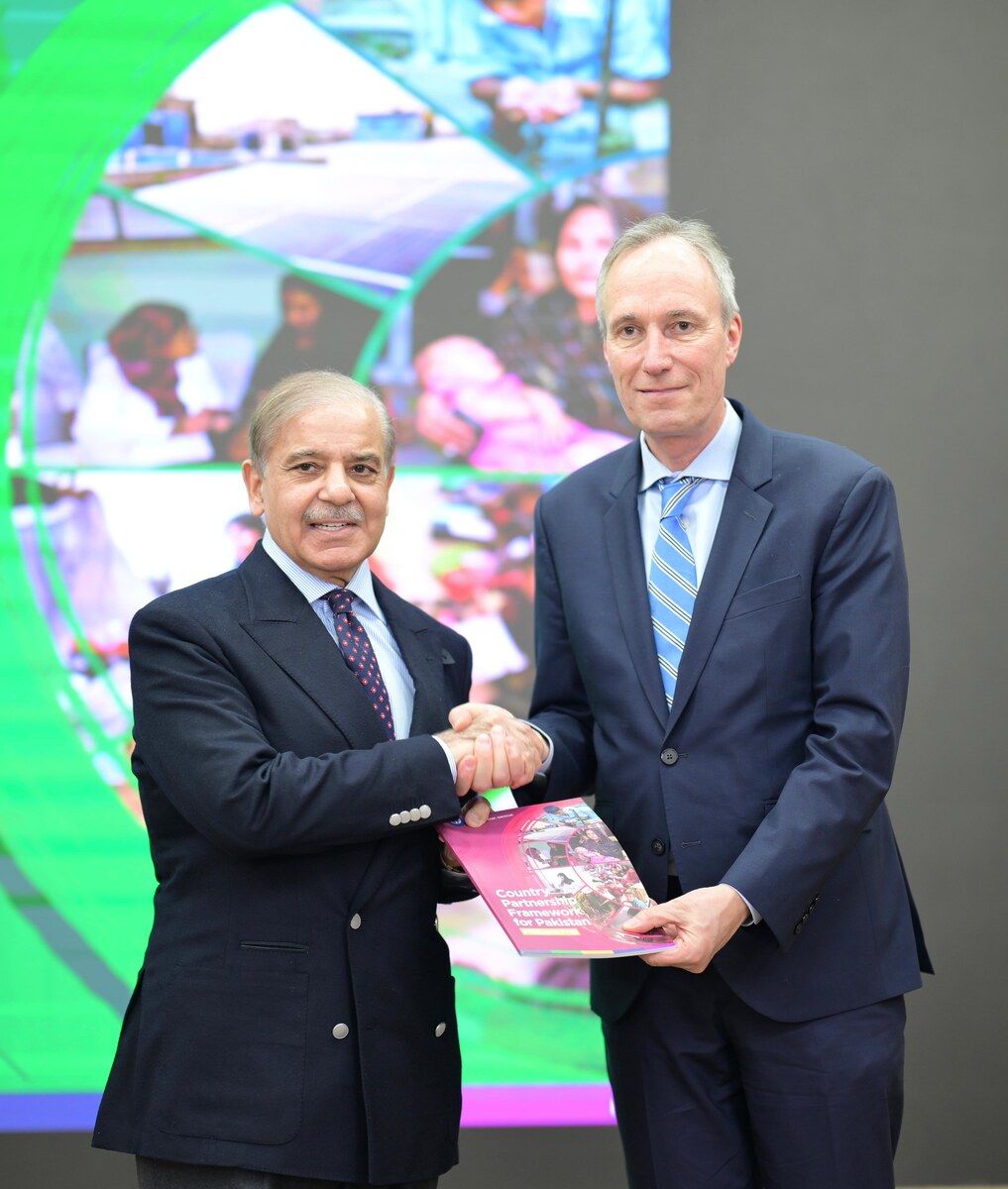ISLAMABAD: Pakistan’s finance minister Ishaq Dar told a visiting United States delegation on Wednesday the government was doing it best to put the country’s economy on a positive trajectory and would continue to fulfil its international financial obligations.
The delegation was led by the deputy assistant secretary of the US Department of Treasury, Robert Kaproth, and included macroeconomists and other US officials.
Pakistan is facing huge economic challenges with a mounting current account deficit, depleting foreign exchange reserves and depreciating national currency. The country has also been reeling from last year’s devastating floods that caused damages of more than $30 billion while striving to generate money from friendly nations and international lending agencies.
Dar welcomed Kaproth and his team at the Finance Division in Islamabad and briefed them on the country’s overall economic outlook. He maintained the government had inherited a weak economy and was trying to reform energy sector and capital market to achieve growth and development.
“The finance minister apprised them on the economic priorities of the government to fix the economy to the right path while fulfilling its international obligations,” said a statement issued by his office after the meeting.
Dar also told the US team about damages caused by the recent floods in Pakistan and how they had impacted the country’s economy. He added the government was handling “all challenges with complete commitment.”
The finance ministry statement said the US official expressed confidence in the policies and programs of the government to bring about economic and financial stability in Pakistan.
He also extended his country’s support and cooperation to the government to deal with the prevailing economic challenges.
Earlier in the week, US State Department spokesperson Ned Price told a media briefing that Washington had been encouraging countries to benefit from discounted oil offered by Russia while answering a question about Pakistan.
Officials in Islamabad have been trying to reduce the country’s import bill by bringing down its energy costs that stood at about $23 billion in the last fiscal year.
Pakistan has also been seeking US help for the resumption of an International Monetary Fund (IMF) bailout program which requires it to carry out painful economic reforms.


















